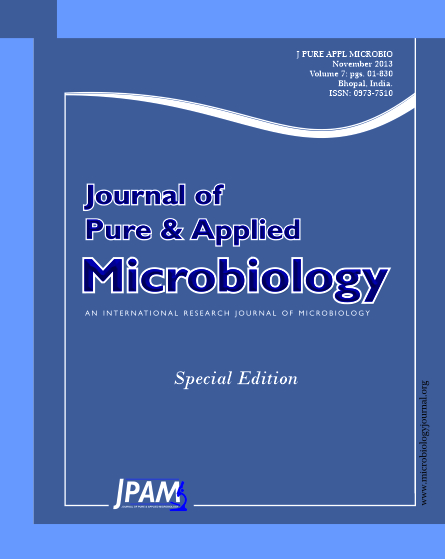Methicillin-Resistant Staphylococcus aureus (MRSA) can be transmitted during pediatric emergency treatment and, occasionally, could result in contamination and infection of both patients and staff. Nasal swabs were taken from a sample of 14 physicians and 22 registered nurses working in a pediatric emergency unit at a tertiary care hospital in Riyadh, KSA. All participants filled in a short survey related to the study. All swabs were spread onto Staphylococcus aureus, CHROMagarat and incubated at 37o C for 48 hours. In order to isolate this bacterium form the air plates containing the same medium was also exposed to different areas of the clinical environment in the same pediatric emergency unit (for 72 hours). Thirty six health care professionals participated in the study comprising 14 physicians and 22 registered nurses. Methicillin-resistant Staphylococcus aureus colonies were isolated from 71% of physicians and 68% of registered nurses, while no isolates were obtained from the opened plates exposed to the air of the clinical environment. The colonization rate in both physicians and nurses group was not related to hand washing before and after patients encounter, the number of working years in pediatric emergency, or the number of monthly shifts. The colonization rate for MRSA is high among pediatric emergency staff included in this pilot. Further studies are required to study factors leading to this high rate and the effect of this high rate on patient’s safety.
MRSA, Staphylococcus aureus, pediatric emergency, cross-contamination
© The Author(s) 2013. Open Access. This article is distributed under the terms of the Creative Commons Attribution 4.0 International License which permits unrestricted use, sharing, distribution, and reproduction in any medium, provided you give appropriate credit to the original author(s) and the source, provide a link to the Creative Commons license, and indicate if changes were made.


